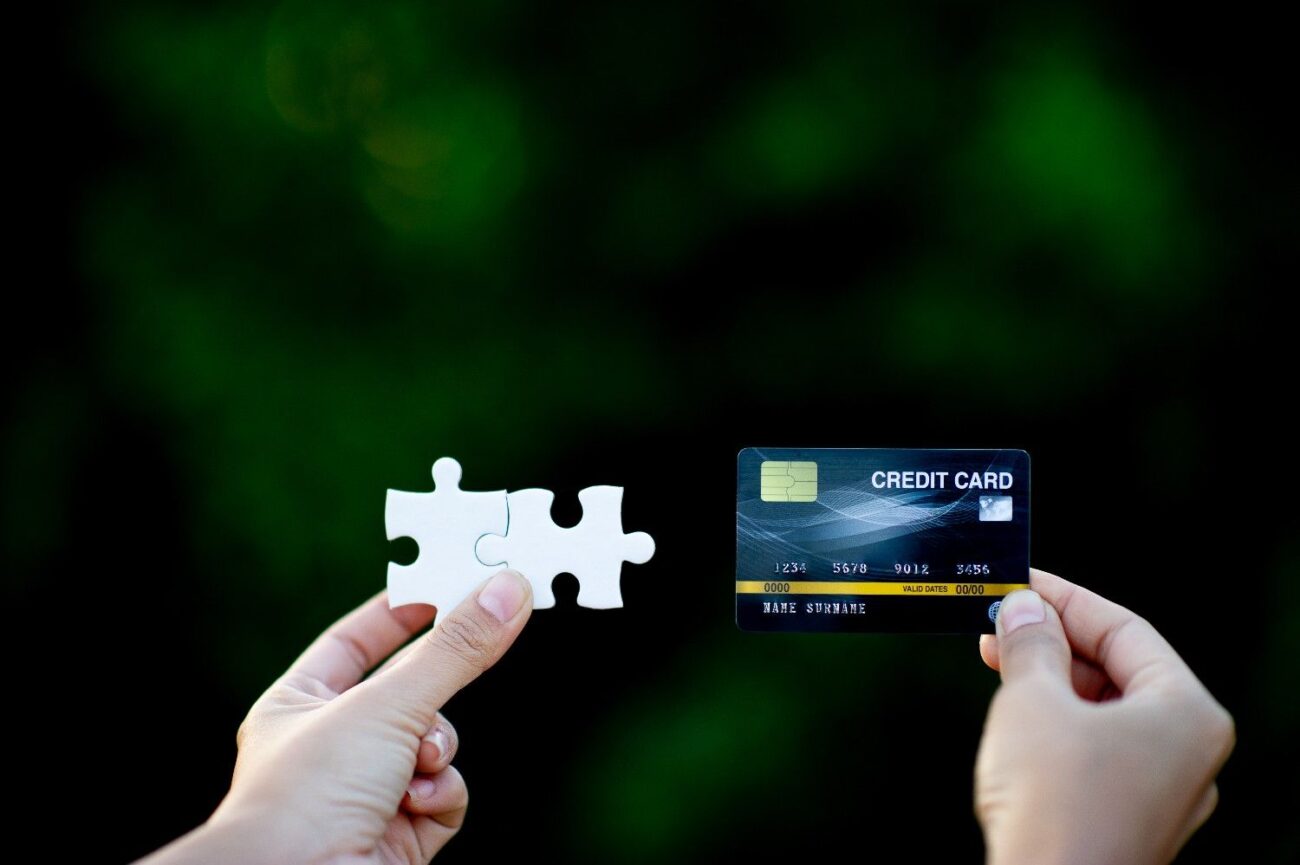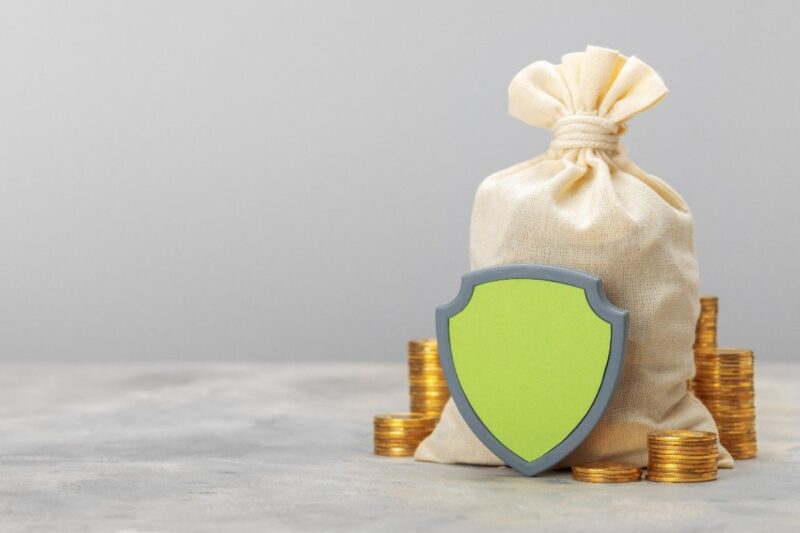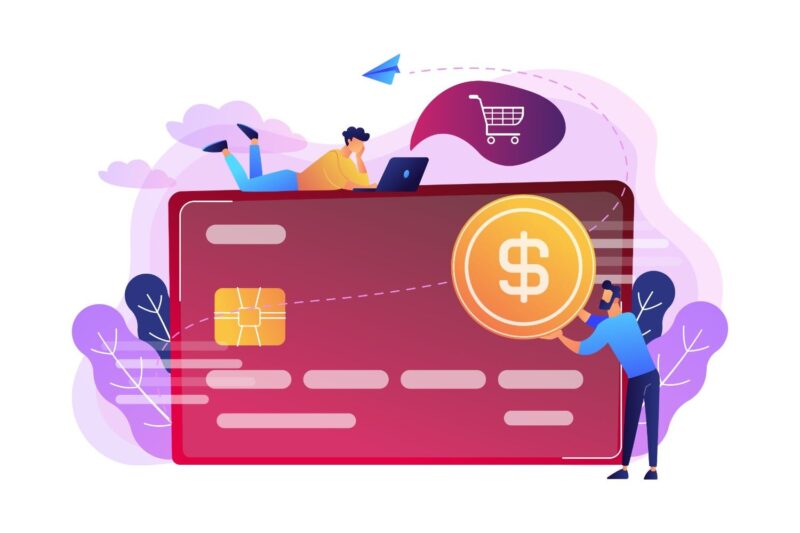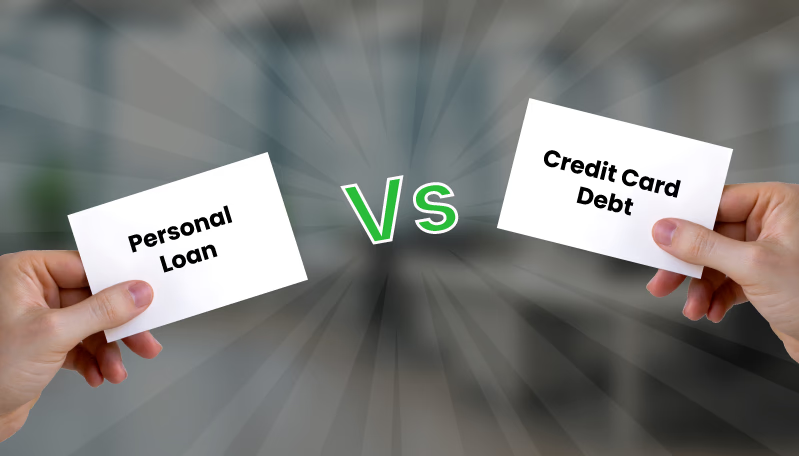Plastic money is the most common method of payment for most of us today. We use our cards to swipe at stores, travel, and make online payments. However, in the case of a credit card vs. a debit card, most people are still confused as to which one is the better option.
The two cards are identical in appearance and serve the purpose of making cashless payments, but their operation is quite different. A debit card allows you to withdraw your own funds from the checking account associated with it, whereas a credit card allows you to take a loan from the bank and repay it later.
So, what makes credit cards so useful? Let’s find out the major benefits of credit cards over debit cards, and how they can help you manage money smartly.
How Does a Credit Card Work?
With a credit card, you can make purchases now and pay for them later. You are supplied with a credit limit by the bank, which is the most you can spend in a given month. You can pay back the balance on or before the due date for your bill after using your card for online orders, dining, travel, and shopping. You will not be charged interest if you pay the full amount by the due date. However, the bank will charge interest on the balance if you wait.
Here’s a simple comparison to understand how a credit card works differently from a debit card.
| Feature | Credit Card | Debit Card |
| Source of Money | Borrowed from the bank | Your own bank account |
| Payment Time | Pay later | Instant deduction |
| Interest-Free Period | Up to 45–50 days | Not applicable |
| Rewards & Cashback | High | Limited |
| Credit Score Impact | Helps build score | No impact |
| Risk of Overspending | Possible | Limited to account balance |
1. Increase Your Credit Score
One of the biggest benefits of credit card use is that it helps you build your credit score. Your score improves each time you make on-time payments. When you later apply for a home, vehicle, or personal loans, this score becomes important.
However, since you haven’t taken out a bank loan, using a debit card does not affect your credit score. Always make on-time, full payments on your credit card bills. You can quickly boost your credit score with this easy habit.
2. Take Advantage of Discounts, Cashback, and Rewards
Reward programs that offer cashback, rewards, or airfare for each transaction frequently come with credit cards. You can later redeem these rewards for travel, shopping vouchers, or bill payments.
Debit cards may offer some rewards too, but they’re usually smaller and less frequent.
| Spending Category | Credit Card Benefits | Debit Card Benefits |
| Online Shopping | 5–10% cashback | 1–2% cashback |
| Dining | 10–20% discount | Limited offers |
| Travel | Free lounge access, miles | Basic discounts |
3. Improved Protection Against Fraud
When your debit card is lost or hacked, cash is removed instantly from your checking account. This can be quite burdensome and also tougher to get back.
On the other hand, with a credit card, it is your bank’s money that is at risk first, not your own. You can indicate fraud, block the card, and usually, the bank cancels the unauthorised transactions after authenticity checks. This is an exceptionally large safety edge in online shopping. Always keep your visa card details confidential and turn on OTP verification for every transaction.
4. Get an Interest-Free Credit Period
An interest-free period, generally 45–50 days, is another significant advantage of credit card usage. This means you can buy something now and pay for it next month without any extra charges, as long as you pay the full bill on time.
With debit cards, money vanishes from your account immediately. Therefore, if you have a good grip on your expenses, a credit card can provide you with short-term financial space.
5. Availability of EMI Option
Most credit cards allow large purchases such as electronics, appliances, or travel bookings to be converted into monthly EMIs. This option is a great help as it allows you to handle your budget in a better way without putting a strain on your monthly expenses.
For example, if you buy a laptop worth ₹60,000, you can use your credit card to convert it into 6 monthly EMIs of ₹10,000.
6. Ideal for Travel and International Payments
Globally, credit cards are the most accepted payment method. Whether you’re buying international flight tickets or checking into a hotel overseas, a credit card will be a breeze.
Loads of travel credit cards additionally provide advantages like lounge access at airports, cheaper foreign currency exchange, and travel insurance, all things that are rarely offered with debit cards.
Thus, if you travel frequently, this becomes one of the best reasons for credit card ownership.
7. Assists in Emergencies
Your debit card won’t do much if you’re in an emergency and don’t have enough money in your bank account. A credit card acts as a safety net for money. For urgent purchases, vehicle maintenance, or medical bills, you can use it right away and pay it back later. Credit cards thus provide an excellent backup option for unexpected expenses.
Difference Between Credit Card and Debit Card: Quick Recap
| Feature | Credit Card | Debit Card |
| Builds Credit Score | Yes | No |
| Rewards & Cashback | More | Limited |
| Safety Against Fraud | Strong | Weaker |
| EMI Facility | Available | Rare |
| Travel Benefits | Many | Few |
| Interest-Free Period | Up to 50 days | None |
Conclusion
Both credit and debit cards make payments easy, but the benefits of credit card use go beyond convenience. A credit card increases your purchasing power by helping you earn rewards, improve your credit score, and enjoy extra safety. Making your credit card work for you really comes down to using it wisely and paying your bills on time.




